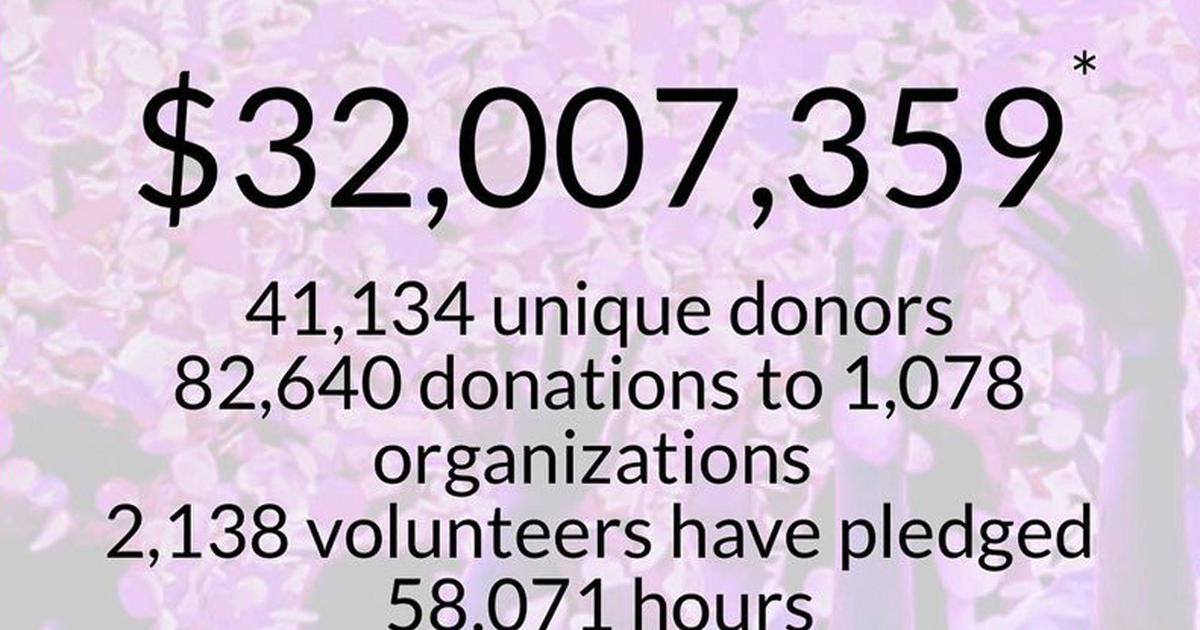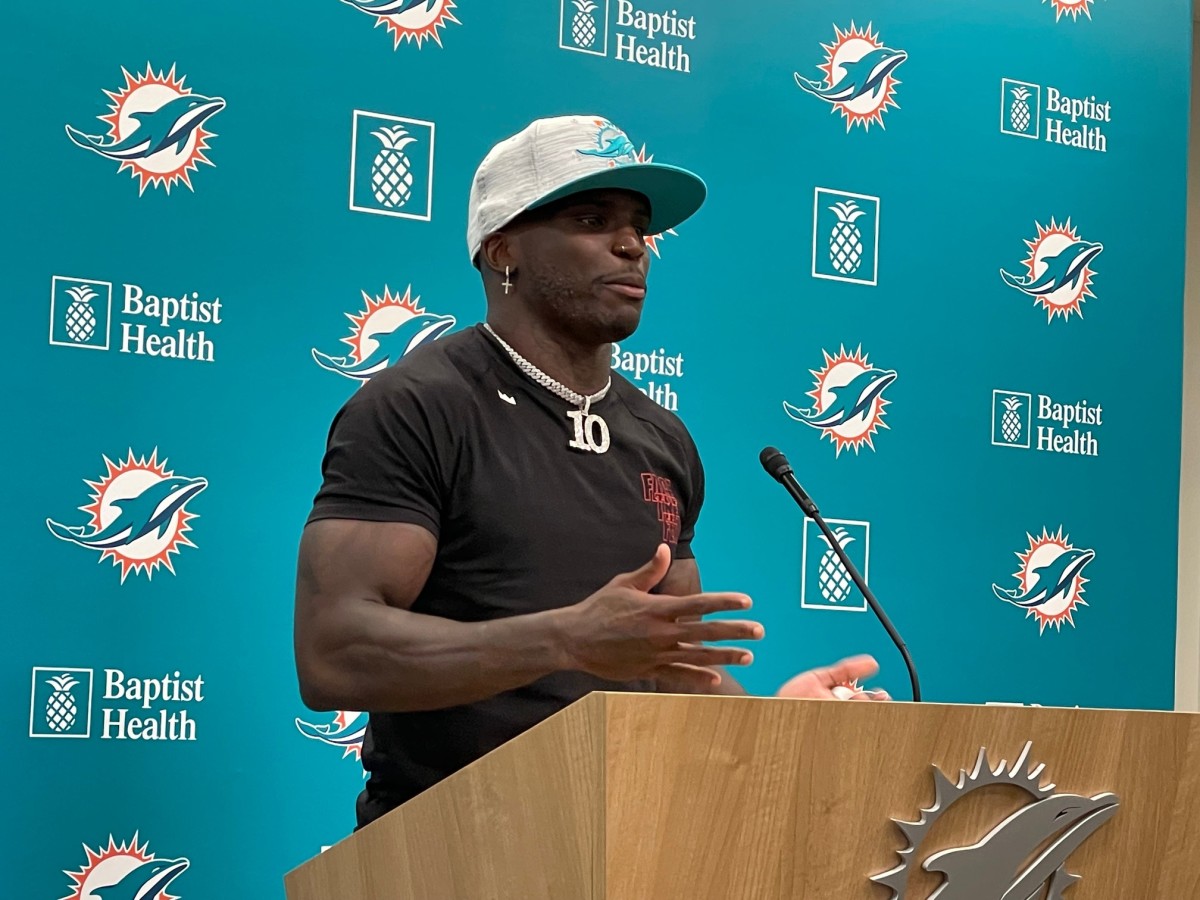How the Miami Herald Got the Epstein Documents

Last week, a judge began to release hundreds of pages of previously sealed court documents related to Jeffrey Epstein. Speculation about the anticipated contents abounded, with various corners of the internet hyping a presumed “Epstein client list” naming high-profile associates of the disgraced financier and convicted sex offender. Yet most of the names revealed in the filings—including Donald Trump and Bill Clinton—were already publicly known. That there was no smoking gun list of stars tied to Epstein’s trafficking of minors seemed, for some, to be the biggest takeaway. Take The New York Times’ write-up, which noted that while “the documents “appeared to add a bit more context” to Epstein’s relationship with powerful men, “they provided little, if any, new fodder for conspiracy theorists who remain fixated on Mr. Epstein’s dealings more than four years after his death.”
The Miami Herald’s Julie Brown, however, has a different perspective. “It is all part of the story,” she says, of “our criminal justice system and how we allow rich, famous, influential people to manipulate” it—a story she has been trying to tell for years. Brown is the reporter who, in a three-part investigation in 2018, questioned the 2008 plea deal that allowed Epstein to avoid federal charges and identified dozens of victims who accused Epstein of seeking and paying underage girls for sex. Her reporting returned Epstein to the spotlight and helped prompt his 2019 arrest. “It’s missing the point if all you want is names of famous people,” she says. “It’s about understanding the web of human trafficking and sex trafficking in our country.”
In recent days, the Herald has reported that the records contained “several full depositions that had not previously been public, subpoenas, witness lists, and court motions.” Among them was a June 2016 deposition by a girl whose name was redacted and was about 16 or 17 when she was lured to Epstein’s room. “I was just there, and all of a sudden something horrible happened to me,” the girl recalled, explaining that she was vague on details because she “worked very, very hard to not recall anything specific about my sexual encounters with this person as one of his victims.” Another new revelation was testimony given by a witness, Johanna Sjoberg, who worked for Epstein for five years and said she once overheard him on the phone talking about the hairdresser Frédéric Fekkai. “I heard him call someone and say Fekkai is in Hawaii. Can we find some girls for him?” she said. (Fekkai has denied knowing of Epstein’s conduct in the past.) The Herald also reported that the documents released “provide a deeper window into [Virginia] Giuffre’s quest to get the FBI and federal prosecutors to arrest Epstein,” including through “emails to FBI agents and a former federal prosecutor.”
The unsealed documents come from a 2015 defamation lawsuit filed against Ghislaine Maxwell—the British socialite and Epstein associate who is currently serving a 20-year sentence for her role in aiding Epstein’s abuse—by Giuffre, one of Epstein’s victims. The Herald has been fighting since 2018 to make documents in the case public. Thousands of pages of documents have been released as a result of their legal fight, and the latest batch, unsealed January 9, “are just the last of them,” says Brown. “They’ve been coming out in dribs and drabs for years now, and I think that you have to look at the totality of the information,” she says, which “is that this was a much bigger operation than just two dozen girls being sexually abused in Palm Beach.” She says the Herald was “never under the delusion that we were going to learn all these big names.” But “these documents are important to these victims. They want the truth to come out.”
The 2015 defamation case was settled out of court in 2017, but lots of information in it remained sealed. When Brown was working on her series for the Herald, she heard from sources that “there were documents in this lawsuit that would reveal more about the scope of what [Maxwell and Epstein] were doing,” she says. “Up until then, it was really only known that the crime happened in Palm Beach and there were victims in Palm Beach.” Now, she notes, “Of course, we know that the crimes were much more expansive than that”—thanks in part, she says, to the Herald’s legal fight. “Some of the first documents that were released were the most revealing,” says Brown, “and they were released on August 9, 2019, which was the day before Epstein was found dead.” The Herald’s original motion to intervene in the case and unseal the documents, in April 2018, came at the advice of former Herald attorney Sandy Bohrer, says Casey Frank, the Herald’s investigations editor. “We don’t like to throw money at lawsuits that are likely losers, but here’s a case where our lawyer was telling us, everything I see here tells me that you ought to sue,” says Frank, who has been with the paper for more than 40 years. “You may lose at the first level, but I think you’ll win at the second level,” Frank recalled Bohrer saying. “And by gosh, we won at the appeal level.”
Herald reporters have acknowledged the limits of the unsealed records while also maintaining their value. “Though none of the records directly implicate anyone beyond Epstein and Maxwell in illegal or improper activities, witnesses—mostly young women—testified that Epstein bragged about his sexual prowess with virgins and boasted of his long list of famous acquaintances,” the Herald wrote of the latest batch of documents. That list included Trump, Clinton, Prince Andrew, and the late Michael Jackson. (Neither Trump nor Clinton are accused of any wrongdoing involving Epstein, and a spokesperson for Clinton has referred to a statement issued on behalf of the former president in 2019, which stated he had no knowledge of Epstein’s “terrible crimes.” In 2022, Prince Andrew settled a sexual abuse lawsuit brought by Giuffre, though he has insisted he never met Giuffre and denied any wrongdoing.) “As is often the case with Epstein,” Brown wrote for the Herald, the documents “included salacious but largely unproven allegations by women who have lived traumatic lives, made more difficult by their involvement with Epstein.”
I ask Brown if she thinks that Epstein’s death and Maxwell’s imprisonment have dampened the media’s interest in the story, even as mainstream publications such as the Times and Wall Street Journal have conducted investigations in recent years. “Not only the media’s interest, but, more importantly, the government’s interest,” she says. “We know the names of some of the people that helped him and who worked for him.” She acknowledges that Maxwell’s case was a “very difficult” one to prosecute. But, she adds, “It just boggles my mind that there is only one person paying the price for this horrific crime.”


